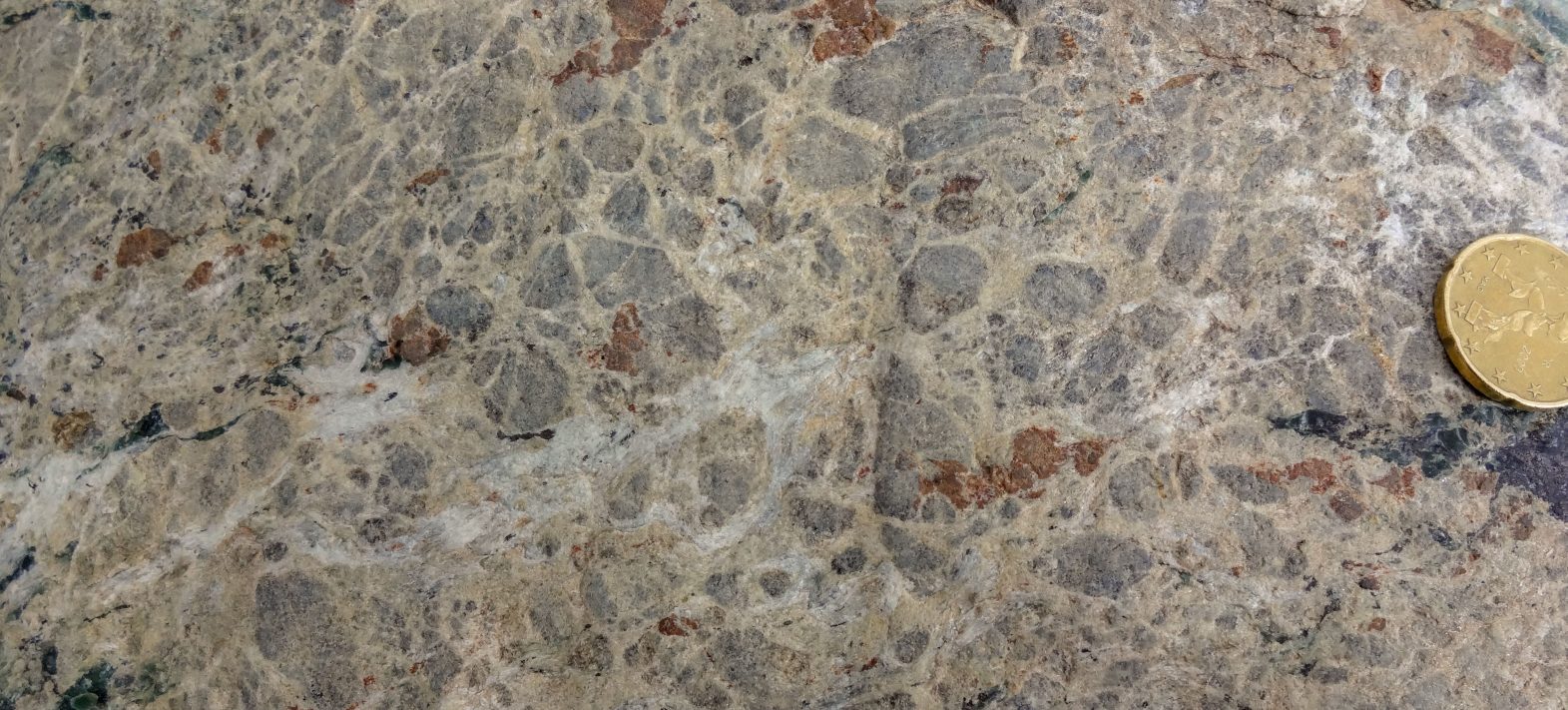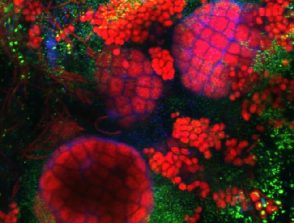CARBioNic: EnhanCed potentiAl foR aBiotic OrgaNic synthesis in subduction zones

Start: 01/01/2023
Coordinators : Baptiste Debret
Host institutions :
IPGP
Related teams :
Lithosphere Organosphere Microbiosphere (LOMs)
The deep carbon cycle is the recycling of carbon toward the deep Earth, i.e., mantle and core. Preventing all of the Earth’s carbon from entering the atmosphere, it maintains suitable conditions for life existence. In the modern Earth, the transfer of carbon from surface to depth is limited to subduction zones, where the oceanic lithosphere is recycled into the mantle. It has long been considered that most of the subducting carbon was inorganic (in the form of solid carbonates), which abundance largely exceeds the quantities of organic carbon of biological origin trapped in seafloor sediments. However, the recent years have seen considerable changes in deep carbon cycle paradigms, with notably the first thermodynamic evidences for abiotic synthesis of organics at high pressure at plate boundaries. These new models suggest that organic carbon may represent an important, although largely unconstrained, fraction of carbon in the deep Earth. The CARBioNic project aims at revisiting the deep organic carbon cycle by exploring the mechanisms of abiotic organic carbon synthesis in subduction zones. To achieve this goal, the PI will characterize the diversity of organic materials that can be preserved and/or formed in high pressure natural samples from Western Alps meta-ophiolites by implementing new tools of rock-hosted carbon characterization from micro- to nano- scales at the Institut de physique du globe de Paris. The mechanism of abiotic carbon synthesis, their stability and potential link with organic minerals and diamonds will be explored through a series of high-pressure experiments involving synthetic organic compounds over a large range of pressure (3-10 GPa) and temperature (500-100°C). The mobility of organic carbon in metamorphic fluids at high pressure will be determine using a combination of bulk rock and in situ stable isotope analyses (δ13C). These results will be used to quantify and compare the efficiency of organic versus inorganic carbon recycling in the deep mantle.




